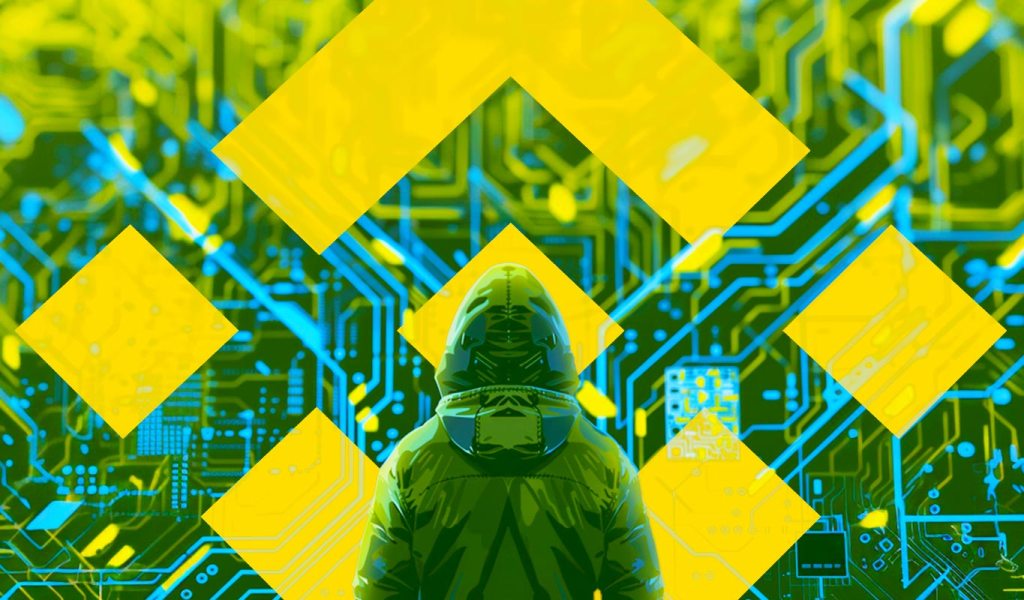
Though the announcement came as a surprise to many users, OKX has been winding down features in the Nigerian market for months.
OKX is exiting Nigeria and halting services for all Nigerian customers, the crypto exchange revealed in an email sent to Nigerian clients on July 17.
OKX cited "recent changes in local laws and regulations" as the primary reason for ceasing services in the country and an August 16, 2024, deadline for users to access the platform's features. After the deadline, Nigerian users will only be able to access the platform to withdraw funds or close out positions.
OKX suspended Naira withdrawals in May 2024, citing regulatory concerns, after the Nigerian government accused Binance of manipulating the country's fiat currency, money laundering, and tax evasion schemes earlier that year.









